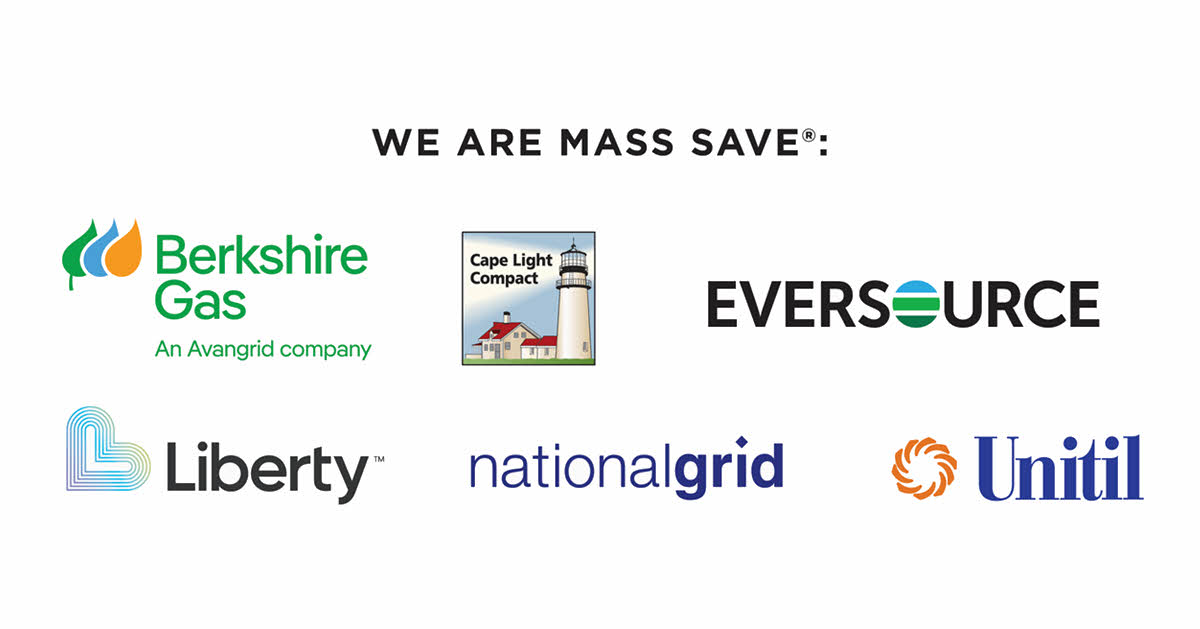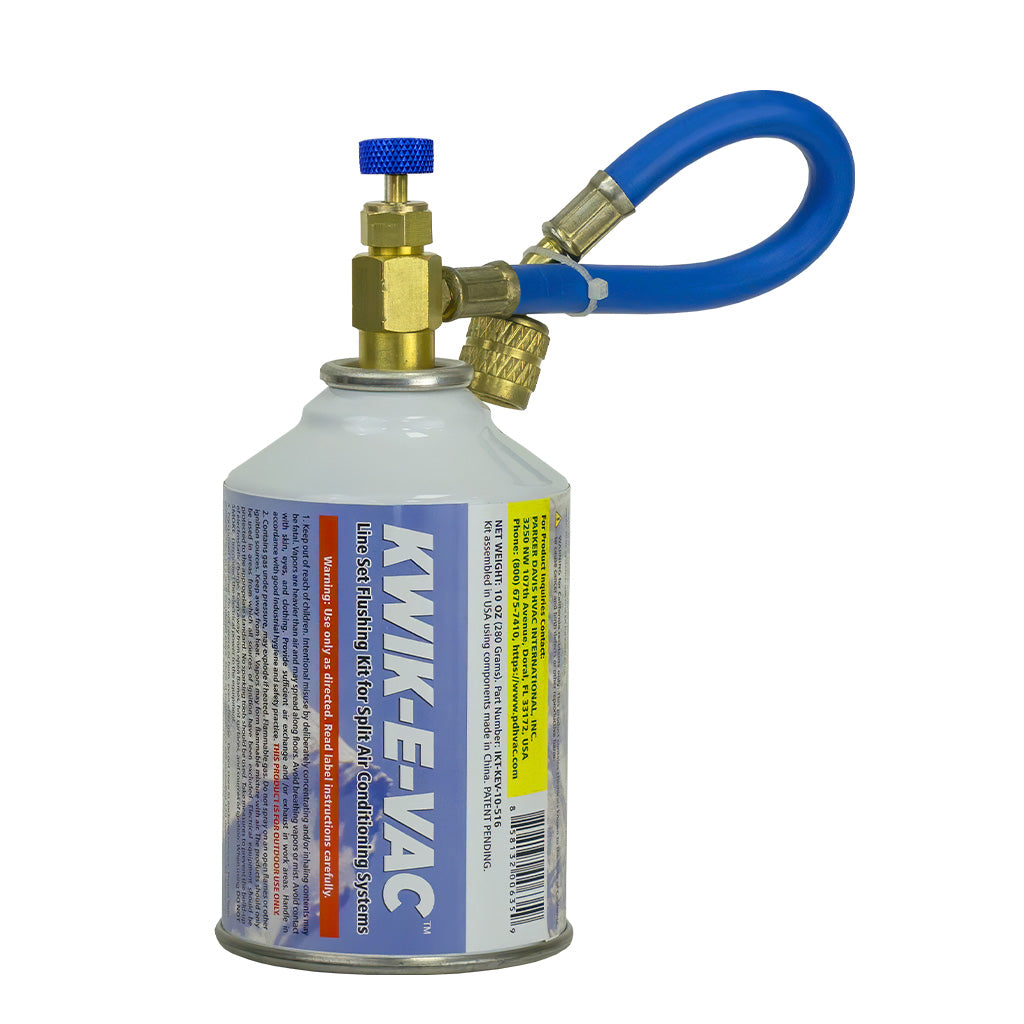For those in Massachusetts Mass Save is now offering a generous $1600/ton-12k btu rebate on non ducted mini splits that are connected to fuel optimization controls. Bascially a controller automatically swictches to your existing fossil fuel heat source using an outside temp sensor. According to Mass save rebate data the average install rate for a 12k Mitsubishi single zone is around $3750-$4000. The rebate now brings them down to around $2500. At that price I think there are going to be alot installed. I was reading on another forum that a Mitsubishi dealer said he booking out months ahead as he has soo many installs lined up.
Effectively using heat pumps with your existing heating system can reduce heating costs for customers who heat their homes with oil or propane. By installing an Integrated Control, the system can automatically switch from heating with your heat pump to your conventional heating system based on a preselected outdoor temperature. This allows for maximum comfort and cost savings throughout the winter months. Generous Fuel Optimization rebates are being offered to encourage the reduction of high CO2 heating fuels. Candidates must heat primarily with oil or propane, and install a qualifying central heat pump or mini-split heat pump with an approved integrated control. In addition, Fuel Optimization rebates are also available to customers who heat primarily with electric resistance, however in this instance, Integrated Controls are not applicable or required.

![[Hearth.com] Generous Massachusetts $1600/ton mini split rebate. [Hearth.com] Generous Massachusetts $1600/ton mini split rebate.](https://www.hearth.com/talk/data/attachments/256/256074-46fe8835d50185baaf954fb8e8c3f686.jpg?hash=Orvph5OK7O)
Effectively using heat pumps with your existing heating system can reduce heating costs for customers who heat their homes with oil or propane. By installing an Integrated Control, the system can automatically switch from heating with your heat pump to your conventional heating system based on a preselected outdoor temperature. This allows for maximum comfort and cost savings throughout the winter months. Generous Fuel Optimization rebates are being offered to encourage the reduction of high CO2 heating fuels. Candidates must heat primarily with oil or propane, and install a qualifying central heat pump or mini-split heat pump with an approved integrated control. In addition, Fuel Optimization rebates are also available to customers who heat primarily with electric resistance, however in this instance, Integrated Controls are not applicable or required.

Explore Rebates, Offers and Services | Residential | Mass Save
The Sponsors of Mass Save offer incentives on energy-efficient products—allowing homeowners and renters to live better while saving on energy costs.
www.masssave.com
![[Hearth.com] Generous Massachusetts $1600/ton mini split rebate. [Hearth.com] Generous Massachusetts $1600/ton mini split rebate.](https://www.hearth.com/talk/data/attachments/256/256074-46fe8835d50185baaf954fb8e8c3f686.jpg?hash=Orvph5OK7O)
Last edited:




![[Hearth.com] Generous Massachusetts $1600/ton mini split rebate. [Hearth.com] Generous Massachusetts $1600/ton mini split rebate.](https://www.hearth.com/talk/data/attachments/264/264768-47ab54d1501ccffbde7d3514b2799446.jpg?hash=x3ImA05cAj)
![[Hearth.com] Generous Massachusetts $1600/ton mini split rebate. [Hearth.com] Generous Massachusetts $1600/ton mini split rebate.](https://www.hearth.com/talk/data/attachments/264/264769-a1a967f27ce560c5e563425e435048c4.jpg?hash=DPNoq99CX2)
![[Hearth.com] Generous Massachusetts $1600/ton mini split rebate. [Hearth.com] Generous Massachusetts $1600/ton mini split rebate.](https://www.hearth.com/talk/data/attachments/264/264770-efc3d06961c4d5ec7b4a7b3cb737cb32.jpg?hash=GqB6z8PGIq)